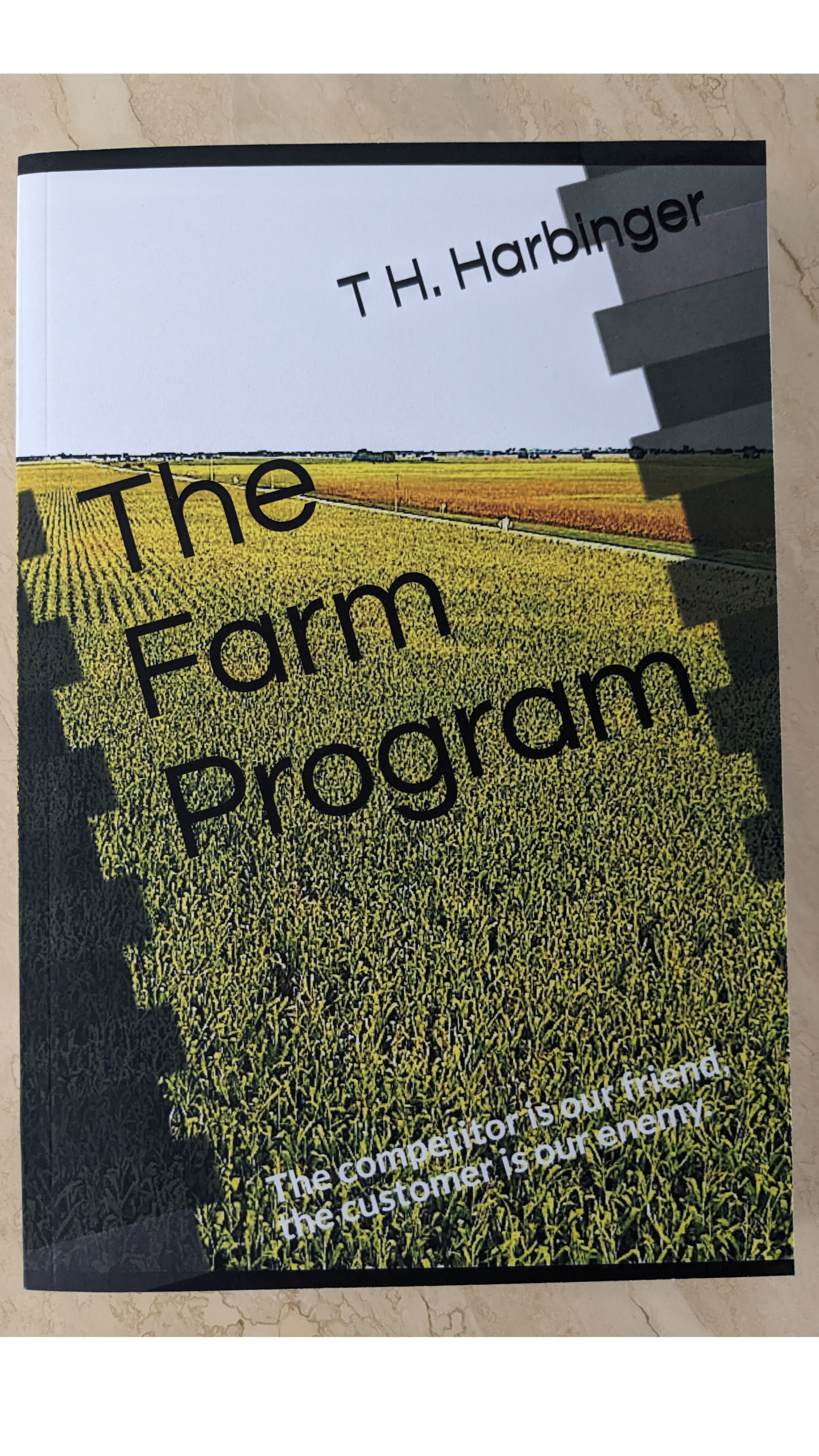The Farm Program Unveils a Conspiracy That Altered the Sweetener Landscape
T.H. Harbinger’s book, “The Farm Program,” details a decades-long plan driven by Big Agriculture to reduce food quality in the US accelerating the use of corn-based ingredients in the American diet. A recent study has linked corn-based fructose to the obesity epidemic.

A new study published in the Journal of Philosophical Transactions [Johnson, R. J., et al. (2023) The fructose survival hypothesis for obesity. Philosophical Transactions, doi.org/10.1098/rstb.2022.0230] uncovers the disturbing connection between HFCS and its effects on the human brain. The research, conducted by a team of neuroscientists and nutritionists, suggests that HFCS consumption may play a significant role in manipulating the brain's signals related to hunger and satiety. Over time, this could trick individuals into believing they need more food, ultimately contributing to overeating and, by extension, the ongoing obesity crisis.
The findings of this study underline concerns that have persisted for years regarding HFCS, a common sweetener in processed foods and sugary beverages. The beverage industry's shift in the 1980s from traditional sugar to HFCS has been the subject of speculation and controversy, particularly given the potential health implications.
T.H. Harbinger's "The Farm Program" (www.insightsoninnovation.net) delves deep into the history of how a powerful Big Agriculture company allegedly influenced U.S. presidents, from Richard Nixon to Jimmy Carter, and finally, to Ronald Reagan. The book paints a picture of a decades-long conspiracy in which the US Sugar Policy was systematically changed to pave the way for the widespread adoption of HFCS.
In T H. Harbinger's narrative, tariffs on sugar increased prices opening the higher-priced HFCS to become a lower-price option for soda pop and processed foods. Almost overnight food and beverage companies switched to the now cheaper but potentially more harmful HFCS, rather than traditional cane sugar. The collaboration between Big Agriculture and government officials, as detailed in "The Farm Program," is reminiscent of ways capitalism can prioritize business over individual needs, in this case, a healthy diet.
While the scientific community continues to study the connections between HFCS and obesity, "The Farm Program" reminds readers of the intricate web of interests that can shape the dietary landscape. Harbinger's exposé serves as a reminder of the power dynamics that have shaped the sweetener industry in the United States.
As these studies and revelations come to light, the public is left to grapple with the implications of the sweetener choices that have shaped the nation's diet and health outcomes over the past few decades. The debate over the role of HFCS in obesity and its potential influence on food choices shows no signs of abating, as both scientists and authors like T.H. Harbinger continue to explore these critical issues.
To read more:

